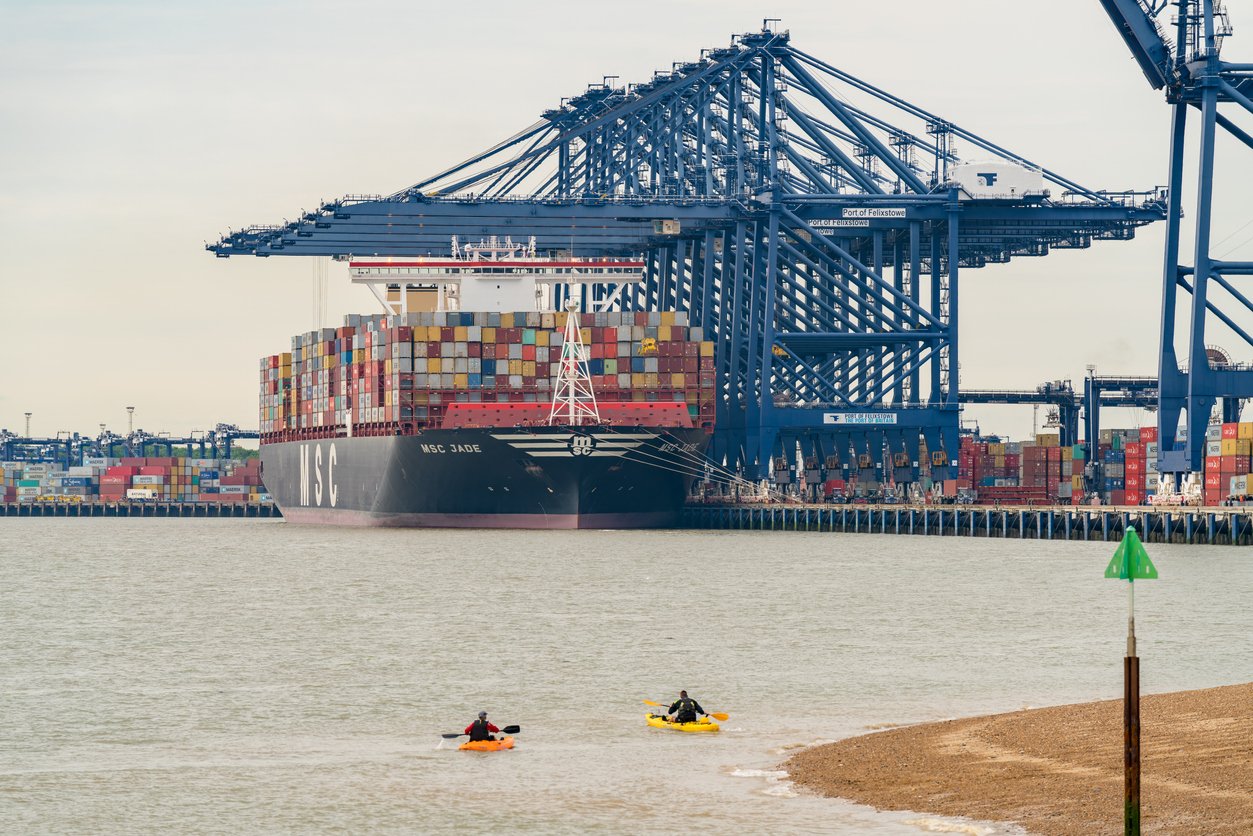As sort of an experiment, I believe it's possible to discuss the economic effects of current and potential future tariffs—such as effects on supply, demand and prices for various paddling products in various countries—without voicing partisan political positions or commentary. (Site Rule: "Absolutely no politics.")
The following article does a decent job of that, except it doesn't focus much on the economics of tariffs or international taxes imposed by countries other than the U.S. (such as the EU VAT tax):

 paddlingmag.com
paddlingmag.com
If we cannot discuss this topic without political commentary, I'll edit out those comments or shut down the thread. It's an important and relevant topic, so go for it . . . diplomatically . . . if you're so inclined.
The following article does a decent job of that, except it doesn't focus much on the economics of tariffs or international taxes imposed by countries other than the U.S. (such as the EU VAT tax):

Tariffs Come Roaring Back To The Paddling Industry. Probably. (Maybe?)
Have you ever been pushed off your line in a big rapid and realized that no matter what you do, you’re about to end up in a terminal hole? The new Trump
If we cannot discuss this topic without political commentary, I'll edit out those comments or shut down the thread. It's an important and relevant topic, so go for it . . . diplomatically . . . if you're so inclined.
